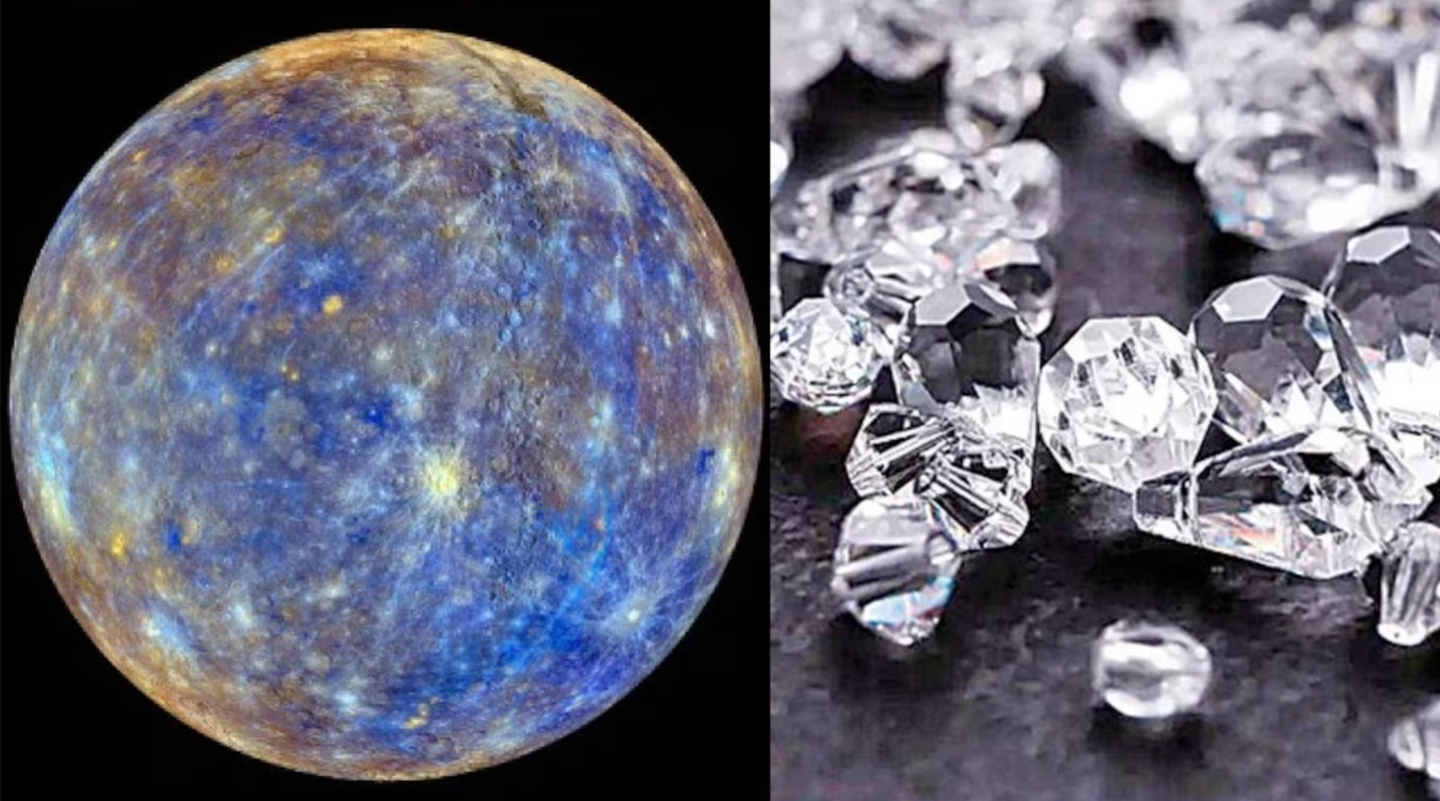Revolutionary new study reveals the cause of ADHD
Although ADHD has been recognized to have a genetic basis, the specific genes implicated have been challenging to identify

Although ADHD has been recognized to have a genetic basis, the specific genes implicated have been challenging to identify (CREDIT: Creative Commons)
According to the World Health Organization, attention deficit hyperactivity disorder (ADHD) is estimated to affect approximately 5% of children worldwide and 2.5% of adults. This disorder manifests as inattention, hyperactivity, impulsivity, and difficulty focusing, and it can greatly influence a person's academic and social functioning.
Although ADHD has been recognized to have a genetic basis, the specific genes implicated have been challenging to identify. However, recent advancements have brought us closer to unraveling this mystery.
Israeli scientists have successfully pinpointed a particular gene, CDH2, which seems to be significantly involved in the progression of ADHD. The CDH2 gene encodes N-cadherin, a protein crucial for facilitating brain synapse activity and formation.
Through their investigation, the researchers discovered that a mutation in CDH2 disrupts this activity, influencing molecular pathways and dopamine levels within two specific brain regions associated with ADHD: the ventral midbrain and the prefrontal cortex.
Related Stories:
Researchers from Ben-Gurion University of the Negev and Soroka-University Medical Center conducted the study, which was published in the peer-reviewed academic journal Nature Communications.
Using CRISPR technology, the team introduced a specific mutation into corresponding mouse genes, resulting in hereditary hyperactivity. The mice exhibited ADHD symptoms in 15 different behavioral tests, establishing them as a dependable model for investigating the disorder.
“This finding is a major step forward in our understanding of the genetic basis of ADHD,” said Prof. Ohad Birk, one of the authors of the study. “In addition to the scientific importance of finding a clear delineation of a novel genetic basis and molecular pathways for ADHD, both the mutant human cells and the mouse strain carrying the human mutation can serve as an effective model system for the discovery of novel medications for ADHD."
The regular CDH2 gene, and the gene in mutated form as found in the Israeli family that was subject of the Ben Gurion University study, and in the mice subsequently raised. (CREDIT: Ben Gurion University)
The study could have significant implications for the treatment and management of ADHD. While the disorder is typically treated with medication, such as stimulants and non-stimulants, these can have significant side effects, including decreased appetite, insomnia, and mood swings. The discovery of CDH2 as a key gene involved in ADHD could lead to the development of more targeted and effective treatments.
Further studies have already been initiated by the Birk team at BGU’s National Institute for Biotechnology in the Negev (NIBN), to explore the molecular pathways involved in ADHD and to develop new treatments based on this knowledge.
Prof. Ohad Birk (left) and his MD-PhD student Daniel Halperin (CREDIT: Ben Gurion University)
The team is also working to identify other genes involved in ADHD, and to understand how environmental factors may interact with genetic predisposition to affect the development of the disorder.
While the discovery of CDH2 as a key gene involved in ADHD is a significant breakthrough, it is unlikely to be the only gene involved. ADHD is a complex disorder that likely has multiple genetic and environmental causes, and further research will be needed to fully understand its development and progression.
Structural analysis and disrupted cleavage of CDH2-mutated peptides. In-silico protein modeling. Ribbon representation of N-cadherin extracellular domains allows assessing the location of the identified mutation. Red, prodomain; green, extracellular cadherin domains (CADs 1-5); Blue, unstructured linker. (CREDIT: Nature Communications)
This study represents an important step forward in our understanding of the disorder and its underlying biology.
Symptoms of ADHD
Some people with ADHD have fewer symptoms as they age, but some adults continue to have major symptoms that interfere with daily functioning, according to the Mayo Clinic. In adults, the main features of ADHD may include difficulty paying attention, impulsiveness and restlessness. Symptoms can range from mild to severe.
Many adults with ADHD aren't aware they have it — they just know that everyday tasks can be a challenge. Adults with ADHD may find it difficult to focus and prioritize, leading to missed deadlines and forgotten meetings or social plans.
The inability to control impulses can range from impatience waiting in line or driving in traffic to mood swings and outbursts of anger.
Adult ADHD symptoms may include:
Impulsiveness
Disorganization and problems prioritizing
Poor time management skills
Problems focusing on a task
Trouble multitasking
Excessive activity or restlessness
Poor planning
Low frustration tolerance
Frequent mood swings
Problems following through and completing tasks
Hot temper
Trouble coping with stress
What's typical behavior and what's ADHD?
Further from the Mayo Clinic, almost everyone has some symptoms similar to ADHD at some point in their lives. If your difficulties are recent or occurred only occasionally in the past, you probably don't have ADHD.
ADHD is diagnosed only when symptoms are severe enough to cause ongoing problems in more than one area of your life. These persistent and disruptive symptoms can be traced back to early childhood.
Diagnosis of ADHD in adults can be difficult because certain ADHD symptoms are similar to those caused by other conditions, such as anxiety or mood disorders. And many adults with ADHD also have at least one other mental health condition, such as depression or anxiety.
For more science and technology stories check out our New Discoveries section at The Brighter Side of News.
Note: Materials provided above by The Brighter Side of News. Content may be edited for style and length.
Like these kind of feel good stories? Get the Brighter Side of News' newsletter.



